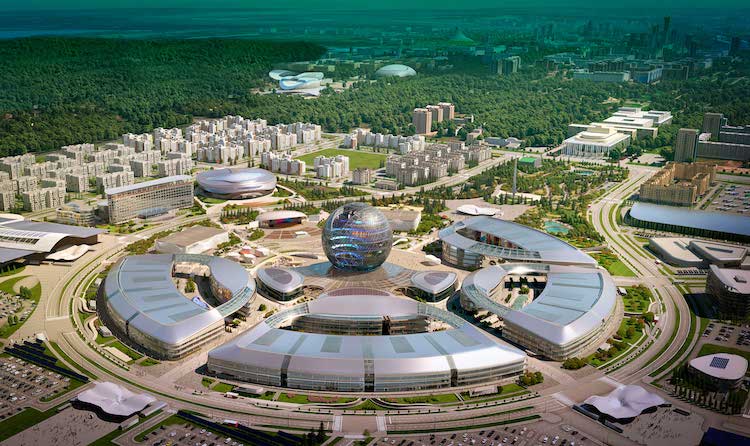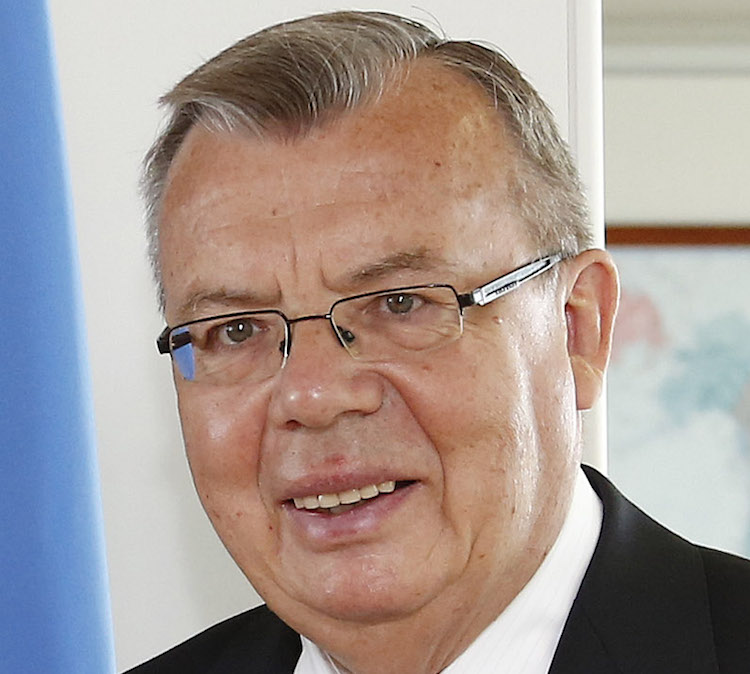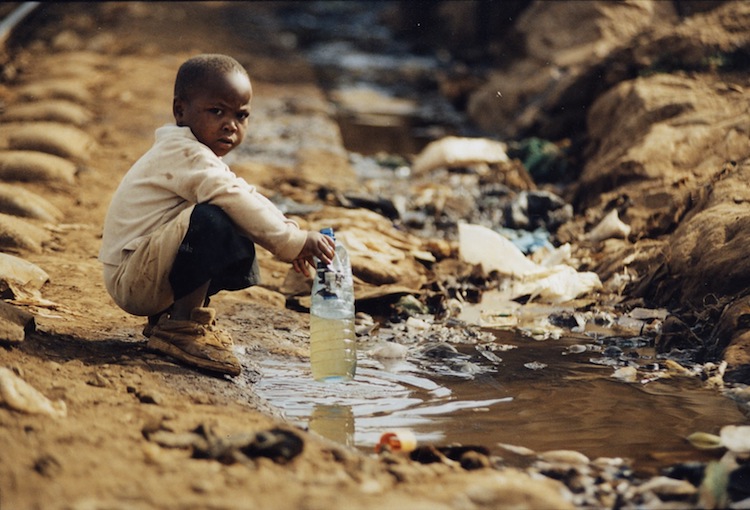Viewpoint by Adekeye Adebajo Professor Adekeye Adebajo is Director of the University of Johannesburg’s Institute for Pan-African Thought and Conversation in South Africa. JOHANNESBURG (IDN) — As some world leaders gather in New York for their annual United Nations General Assembly rituals, the September 22 debate on “Reparations, Racial Justice, and Equality for People of […]
Amid Widespread Military Conflicts & Civil Wars, UN Promotes the Virtues of Culture of Peace
By Thalif Deen NEW YORK (IDN)— Since its creation 76 years ago, the United Nations has been preoccupied with one of its primary mandates, namely, maintaining international peace and security. But over the years, that mandate has been extended to include peacekeeping, peace-building, nuclear disarmament, preventive diplomacy, and more recently, a culture of peace.
9/11 Killed It, But Twenty Years on Global Justice Movement Is Poised to Reincarnate
Analysis by Kalinga Seneviratne SYDNEY (IDN) — Since the attacks on the United States by 15 Saudi Arabian Islamic fanatics on September 11, 2001 (now known as 9/11) the world has been divided by a ‘war on terror’ with any protest group defined as “terrorists”. New anti-terror laws have been introduced both in the West […]
Ukraine’s President Is Using the ‘Kremlin Excuse’ to Ban Media That Doesn’t Always Agree with Him
Viewpoint by David C. Speedie This article was produced by Globetrotter in partnership with the American Committee for U.S.-Russia Accord. David C. Speedie, a Board Member of ACURA, was formerly Senior Fellow and Director of the Program on U.S. Global Engagement at the Carnegie Council for Ethics in International Affairs. Prior to this, he chaired […]
New President in Tanzania Cracks Down on Reformers
By Lisa Vives, Global Information Network NEW YORK (IDN) — Tanzanian President Samia Suluhu Hassan appears to be taking a page from her predecessor, the late John Magufuli, by cracking down on members of the opposition who have been calling for constitutional reform for decades. Freeman Mbowe, leader of the opposition Chadema party, has been […]
UN Experts Call for Protection of Journalists in Afghanistan
By Jaya Ramachandran GENEVA (IDN) — “Journalists and media workers, in particular women, are facing heightened risks since the Taliban’s political takeover of Afghanistan,” a group of UN human rights experts has warned and called on all States to provide urgent protection to Afghan journalists and media workers who fear for their lives and are […]
India Has Lost the First-Mover Advantage in Afghanistan
Viewpoint by Shastri Ramachandaran NEW DELHI (IDN) — In the wake of the US retreat from Afghanistan, as the world’s leading nations engage with the Taliban in Kabul, India appears to have shot itself in the foot and gone into a sulk. When New Delhi does break its sullen silence, it only serves to remind […]
Eurasian Military Alliance of Post-Soviet States Marks 30th Anniversary of Closure of Semipalatinsk Nuclear Test Site
By Radwan Jakeem NEW YORK | NUR-SULTAN (IDN) — In a joint statement, the Collective Security Treaty Organization (CSTO), comprising six member states, has highlighted the role of Kazakhstan’s First President Nursultan Nazarbayev, whose decree shut down the Semipalatinsk nuclear test site on August 29, 1991. The statement was published by the press service of […]
Would “Reformed” Taliban Respect Other Religions, Cultural Heritage and Non-Believers?
Viewpoint by Sugeeswara Senadhira COLOMBO (IDN) — The Taliban’s fanatical yearning to attack everything opposed to what they mistakenly believe as Islam was displayed in two acts of destruction in the year 2001. The return of Taliban as rulers of Afghanistan raise question whether the remaining remnants of a Buddhist civilization in the region would […]
The Story of US-Led Collusion in Razing Afghanistan to the Ground
Viewpoint by John Pilger This article was produced by Globetrotter. John Pilger is an award-winning Australian journalist, filmmaker, and author. Read his full biography on his website here, and follow him on Twitter: @JohnPilger. Source: Globetrotter SYDNEY (IDN) — As a tsunami of crocodile tears engulfs Western politicians, history is suppressed. More than a generation […]



